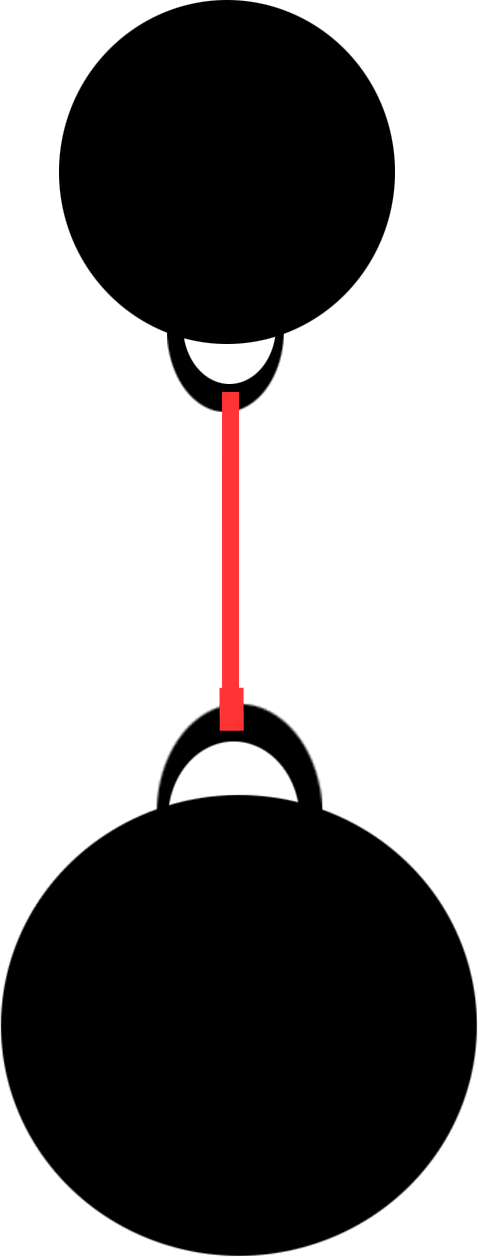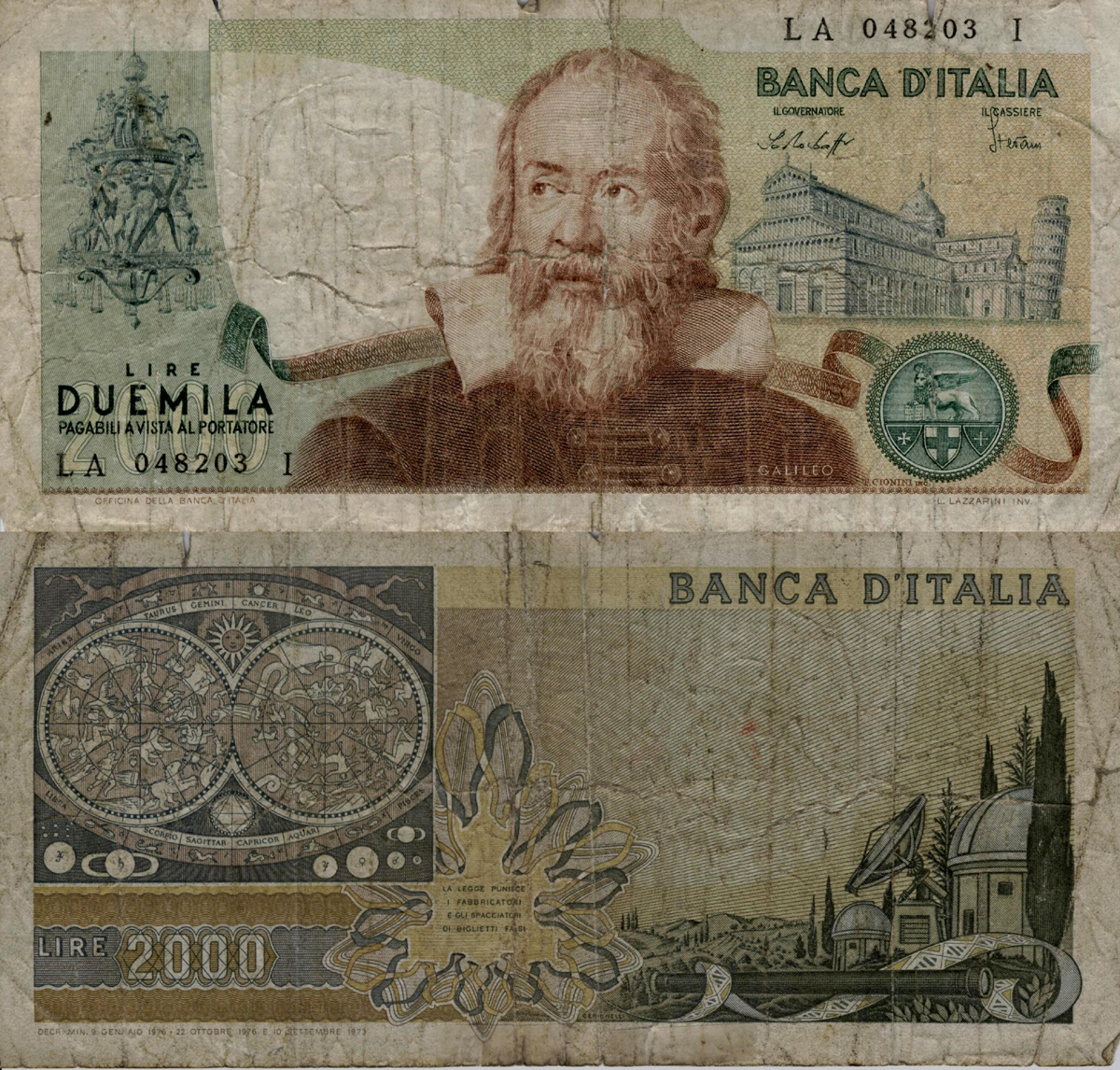But what you have to understand that one reason we celebrate Galileo’s contributions is because Galileo was very good at self-promotion. He published his drawings, while Harriot did not. Of course, Galileo’s self-image is what got him into so much trouble later in life. He went way out of his way to insult the Pope and the Church, and was pretty much a huge jerk about it.
In the same way that it's nonsense to tear down effective politicians for infidelity, it does not do the world any good to take shots at the icons of science. If he was an untactful, self-promoting white European male, so what? He may not have been the inventor of the telescope and maybe not the very first to aim it at the moon, but he was the first to make extraordinary use of the instrument by noticing that four little moons were circling Jupiter and not our presumed center of the universe. His mind was analytic and creative enough to think of projectile motion has having a gravity-affected vertical component and a constant horizontal motion. Despite his unsuccessful attempt to disguise his friend's (and who knows who else's?) Aristotelian arguments with the "Simplicio" character in his dialogues, they still involved brilliant thought experiments such as:

Imagine two objects, one light and one heavier than the other one, are connected to each other by a string. Drop this system of objects from the top of a tower. If we assume heavier objects do indeed fall faster than lighter ones (and conversely, lighter objects fall slower), the string will soon pull taut as the lighter object retards the fall of the heavier object. But the system considered as a whole is heavier than the heavy object alone, and therefore should fall faster. This contradiction leads one to conclude the assumption is false. WikiThe io9 author concludes by writing,
The Pope, still smarting, resisted all efforts to end Galileo's house arrest, even towards the end of the man's life. He also demanded a public renunciation, during which he probably smiled and muttered, "Who's Simplicio now?
Nice try, but I still sympathize with a nearly blind and brilliant guy who was at the mercy of a vain leader of a tyrannical organization.
